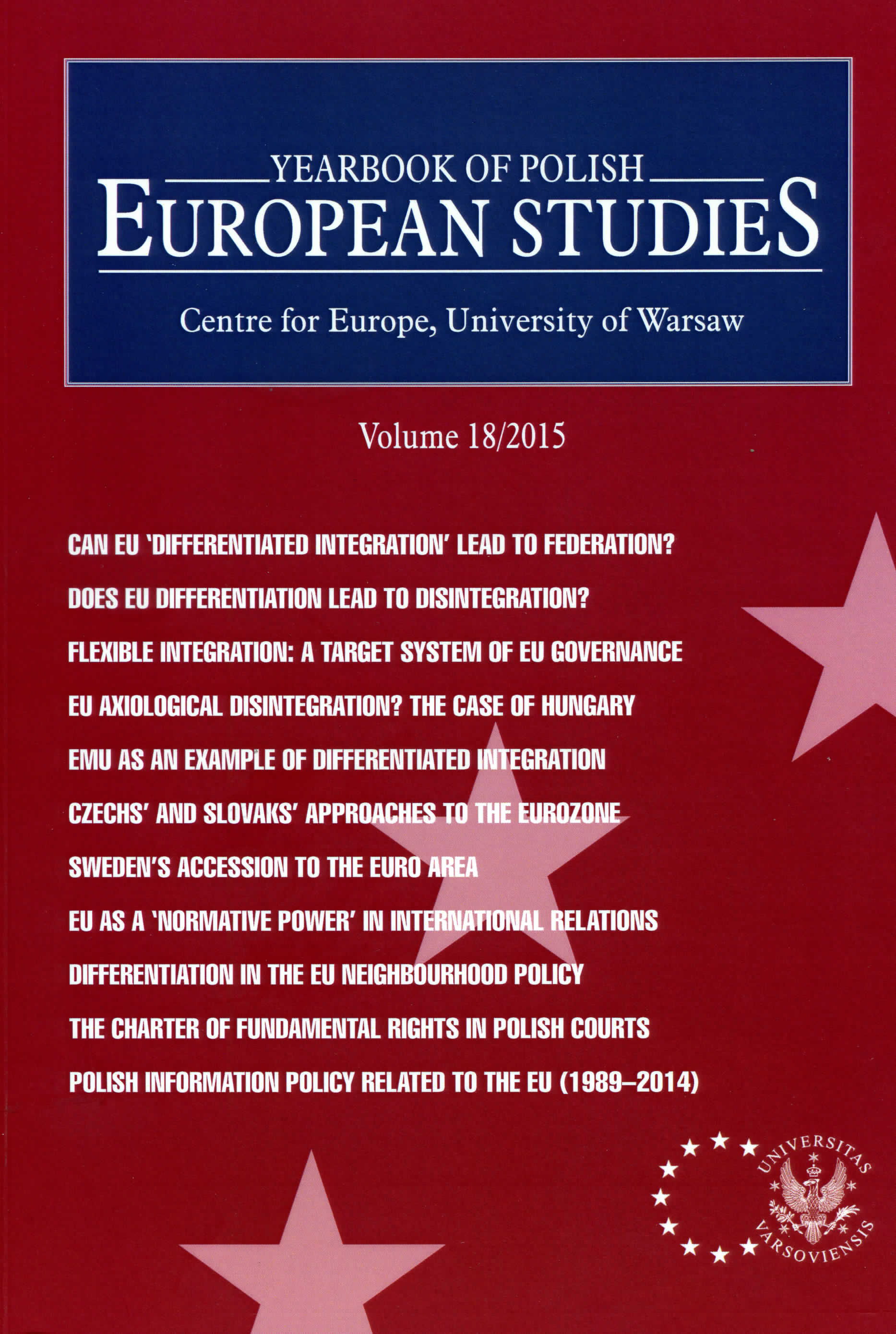Sovereignty in Theories of European Integration and the Perspective of the Polish Constitutional Tribunal
Sovereignty in Theories of European Integration and the Perspective of the Polish Constitutional Tribunal
Author(s): Jacek CzaputowiczSubject(s): Politics / Political Sciences, Politics, Law, Constitution, Jurisprudence, Constitutional Law, Political Theory, EU-Approach / EU-Accession / EU-Development
Published by: Centrum Europejskie Uniwersytetu Warszawskiego
Keywords: European integration theory; sovereignty; neo-functionalism, multi- level governance; constructivism; Polish Constitutional Tribunal
Summary/Abstract: The subject of the article is the place of sovereignty in different theories of European integration. It is argued that European integration in traditional theories of integration, such as functionalism, neo-functionalism and federalism, limits the sovereignty of the Member States and leads to the establishment of a new political entity. Intergovernmental theories claim, on the other hand, that states retain sovereignty in this process. The multi-level governance approach assumes, in turn, that sovereignty is partially exercised by the state and partially by EU institutions. Constructivists approaches maintain that sovereignty never attains a final form and requires constant upkeep. In the judgements of the Polish Constitutional Tribunal sovereignty is not subject to division or delegation to the European Union. EU membership places limitations on the freedom to act, but this does not imply a loss of sovereignty. This position is closest to the realist theories and the intergovernmental approaches advocating that states retain their sovereignty in the process of European integration.
Journal: Yearbook of Polish European Studies
- Issue Year: 2014
- Issue No: 17
- Page Range: 15-35
- Page Count: 21
- Language: English

